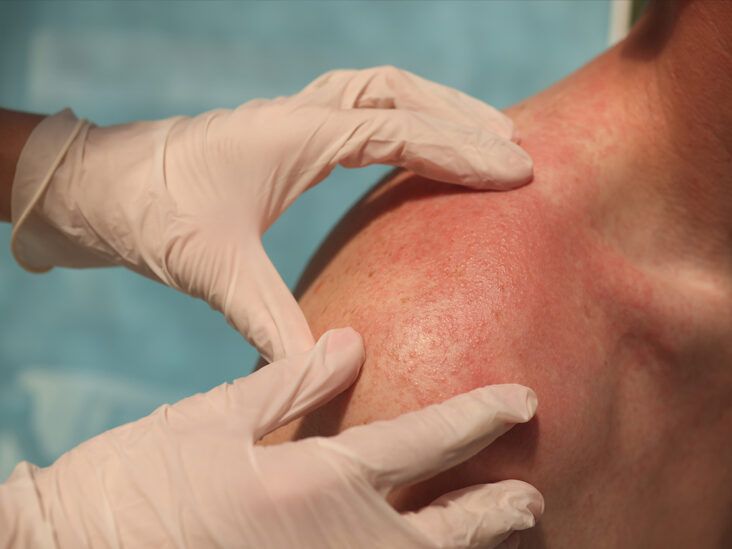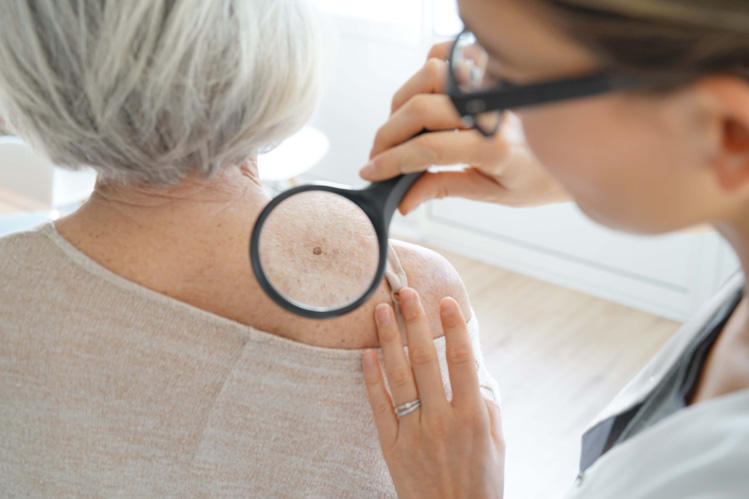Checking out the Basics of Dermatology: Secret Insights on Acne, Mole Management, and Dermatitis Alleviation
Recognizing the complexities of dermatology is essential to handling usual skin concerns. Whether it's the hormonal dance that sets off acne, the refined adjustments in a mole that can represent a severe problem, or the unrelenting swelling of dermatitis-- understanding is critical.
Understanding the Science of Skin: Dermatology Explained

Acne Revealed: Reasons, Symptoms, and Treatments
An estimated 85% of people globally experience acne at some point in their lives, making it one of the most common skin conditions. Acne is mainly triggered by the overproduction of oil and the build-up of dead skin cells in hair follicles, which leads to stopped up pores. Acne's effect goes past the physical, usually affecting individuals' self-esteem and psychological health and wellness.
The ABCs of Mole Management: Identification and Elimination
Exactly how usually do we take notice of the tiny, relatively insignificant moles on our skin? Seldom, yet routine mole management is critical to skin health and wellness. Moles, small pigmented areas on the skin, can change with time and may signify skin cancer. For that reason, understanding mole recognition is paramount. It involves checking size, shade, and shape of moles for any type of changes. A considerable adjustment might necessitate a skin specialist's interest. For harmless moles triggering pain or visual issue, elimination is an option. Procedures vary from excision, where the mole is eliminated, to laser removal. Nevertheless, self-removal is highly discouraged. This quick summary highlights the relevance of regular mole administration and expert advice for mole elimination.
Dermatitis Relief: Effective Techniques for Comforting Your Skin
Dermatitis, a persistent skin disease noted by itchy, swollen spots, afflicts countless people worldwide. This condition frequently activates a ferocious cycle of itching and scratching, exacerbating the swelling. Efficient strategies for alleviation mainly include minimizing inflammation and itching, thus damaging this cycle. Topical corticosteroids, widely recommended by dermatologists, work by suppressing the immune response, which in turn lowers swelling and soreness. Antihistamines, commonly utilized in tandem with corticosteroids, help to decrease itching. Creams, specifically those consisting of ceramides, are critical for fixing the skin barrier and Source stopping moisture loss. For severe situations, systemic treatments such as immunosuppressants might be Continue considered. Light therapy, employing ultraviolet light to lower inflammation, is another choice for chronic, serious eczema - dermatologist near me.
Preventive Actions and Daily Skincare Routines for Optimum Skin Health
While keeping healthy skin might appear complicated, it can be achieved with simple, everyday skin care routines and preventative steps. These regimens should ideally entail cleansing, toning, moisturizing, and sunlight protection. Cleansing clears the skin of dust and excess oil, stopping clogged pores that cause outbreaks. Toning restores the skin's all-natural pH and improves pores. Moisturizing keeps the skin hydrated, reducing the chances of dry skin and molting. Sun security guards the skin from unsafe UV rays, lessening the threat of premature aging and skin cancer. Routine exfoliation, as soon as or two times a week, promotes cell turnover and keeps the skin smooth. Last but not least, a diet regimen rich in fruits, vegetables, and water can aid to keep skin health from the inside out.
Conclusion

Comments on “Book a full skin cancer check to stay on top of your skin health and prevent potential issues.”